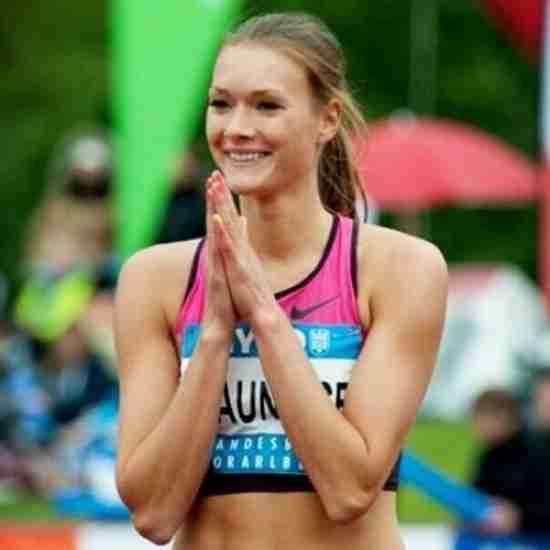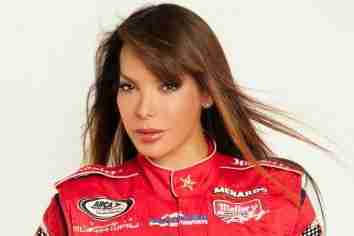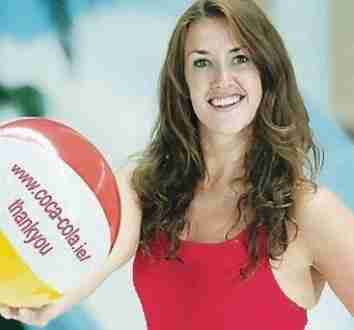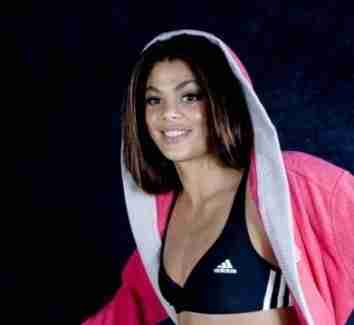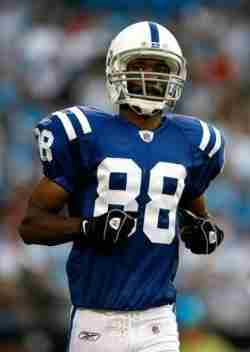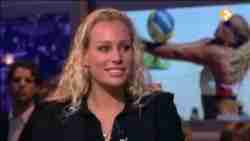Ah the Heptathlon. This is definitely becoming the good doctor’s favorite sport! Would you like another reason? I present to you the lovely Latvian, Laura Ikauniece.
There are two undeniable facts about South America. The first is that they love their soccer. The second is that they are full of beautiful women. The good doctor concludes that isn’t hard to find an athletic hottie from any of their nations, and here you go. Colombian midfielder, Tatiana Ariza.
Had the good doctor done this list fifteen years ago, Milka Duno (who was Danica Patrick before Danica Patrick) would have been much higher. Duno, who is now in her early 40’s and is not as successful as she used to be, but this model turned racer has proven she belongs on the track for years and not because she fills out that jumpsuit better than anyone else!
Is it wrong for the good doctor to assume that just because swimmer, Melanie Nocher is Irish, that I can have fun with her taking her to a bar? It is wrong? Well, I still want to do that, and I think she is one fine lass! Irish eyes are smiling, indeed!
The good doctor knows next to nothing about inline skating…however I said next to nothing. The only thing I do know is that Brazilian competitor, Fabiola Da Silva is hot. That is enough isn’t it?
The good doctor loves the combination of exotic and fierce. Throw in the French voice and I am in love! The lady who goes three for three is Coralie Balmy, the swimming siren from France.
A look at Marvin Harrison's PFHOF Induction
Feb 29, 2016
Written by
Committee Chairman
Last month, regular contributor, Spheniscus and I debated the Hall of Fame merits of those who were on the Baseball Hall of Fame ballot.
Now that the Baseball Hall of Fame Class of 2016 has announced their class has done the same. We were hopeful to do this prior to the announcement of the actual inductees, but life, as it often does simply got in the way!
Now that the Baseball Hall of Fame Class of 2016 has announced their class has done the same. We were hopeful to do this prior to the announcement of the actual inductees, but life, as it often does simply got in the way!
The good doctor loves his Japanese ladies, but there are not enough of them who compete athletically to get my mojo running. I thank the good lord for snowboarders like Yuka Fujimori!
If it ain’t Dutch, it ain’t much. The good doctor read that on a t-shirt once, which was a slogan emblazoned on a Dutch girl’s chest. This isn’t the best intro for Sanne Keizer, the beach volleyball star from the Netherlands but I am running out of set ups for these Holland hotties!
The good doctor doesn’t think that Julia Dujmovits is the hottest athlete from Austria, but she does have a sex appeal that elevates her ahead of women that might be traditionally better looking than her. That happens quite a lot in life doesn’t it?


